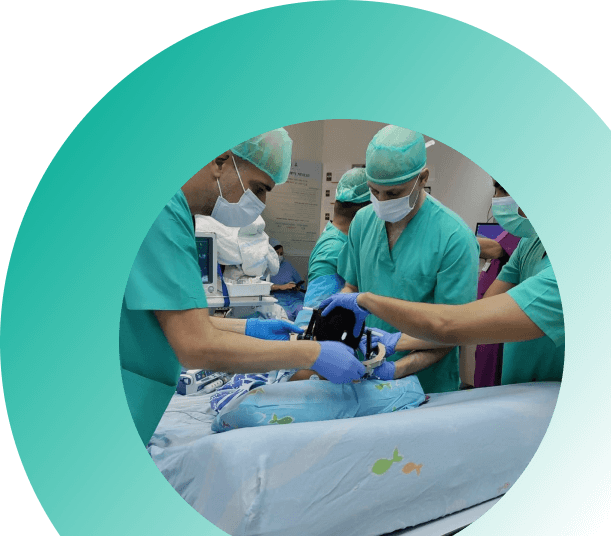Sheba medical center expanded the world of transplants to a mitochondria
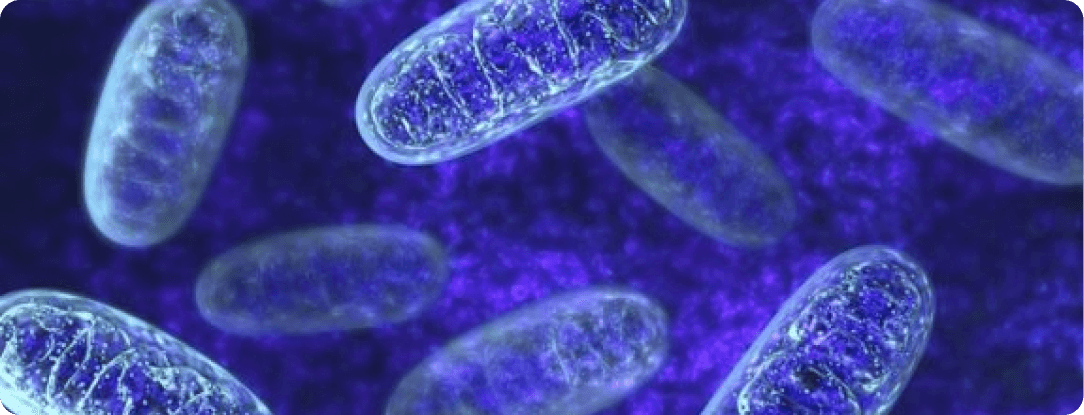
When we talk about transplants in medicine, we automatically think about whole organs – hearts, lungs, eyes, kidneys. Sheba Medical Center expanded the world of transplants to a very tiny but critically important part of our body called mitochondria.
Imagine each cell in your body as a tiny factory that performs various tasks to keep you healthy. Mitochondria are like the powerhouses of this factory. They are small structures found in the cells of almost all living organisms, including humans.
Interestingly, mitochondria have their own DNA, separate from the DNA found in the cell’s nucleus. And mitochondrial DNA is passed on only by the mother. Go mom!
However, as a result of a gene defect, some children are born with mitochondria that don’t work properly, a condition that is fatal to the child in the first years of life.
One of those was a young Israeli child named Assaf.
Sheba doctors already using gene therapies, like CAR-T for cancer. So they tried an experiment to save Assaf, injecting him with the correct genetic information for his mitochondria, transplanted from his mother. It was the first time in the world a mitochondrial transplant was attempted.
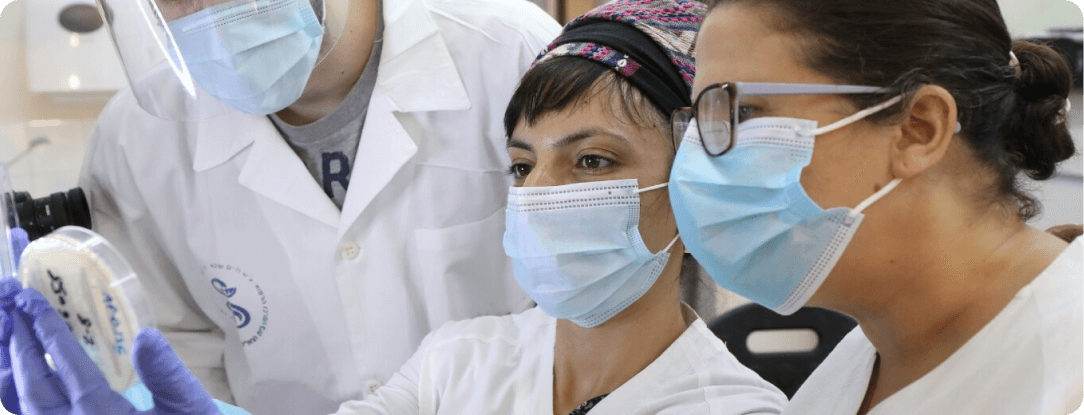
The Safra Children’s Hospital is a genomic platform, meaning they use genetic data for all steps of patient care. The first level is diagnosis. If a child is born with puzzling symptoms, before they launch major tests, the child’s genome goes to lab for analysis. In fact, Sheba does the most genetic workups for inpatient pediatrics in Israel. They also do a genomic analysis of all cancer patients, and can design treatments tailored to the genetics of each case of cancer. Sheba also uses genetics to decide on medication – some genetic profiles cannot handle certain antibiotics, etc. Sheba is a leader in this field, called precision medicine.
The good news is that the transplant worked for Assaf. In a first in the world, his mother’s genes successfully activated his mitochondria. Subsequently the procedure was done for a child from Los Angeles and has been published globally for other hospitals to use.
Increasingly our health care will be tailored exactly to our specific genome. But Assaf’s smile tells you all you need to know.
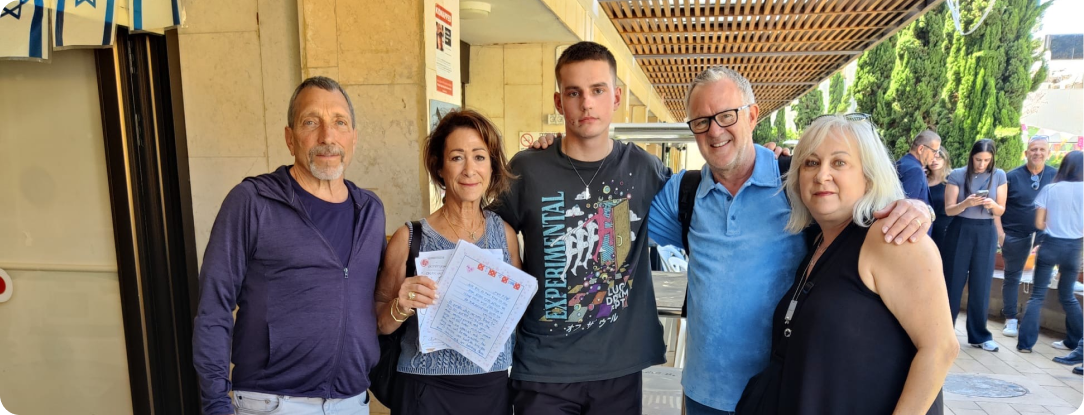
Canadian Friends travel to Israel and make Sheba Medical Center the focus of their emotional journey
On April 11th, Lynda and I, along with our good friends, Robyn and Saul Greenspan departed for Israel. We’ve traveled there together many times over the years, but we all knew that this time, things would be different.
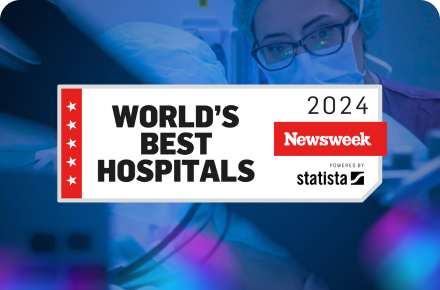
Sheba Ranked Amid the Top 10 Hospitals in the World by Newsweek
For six consecutive years, Sheba Medical Center has been ranked among the world’s top hospitals by Newsweek.

Sheba Canada Returning to Life Gala

